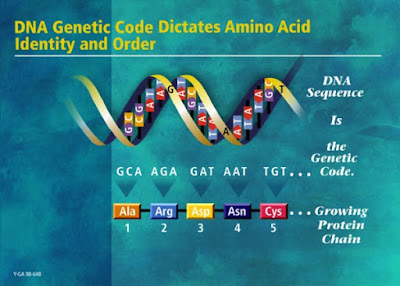The Mane Question

Did you ever stop to ponder that of all the great cats, only lions have manes? Mountain lions (cougars, catamounts, panthers) pretty much ruled the Americas, but are mainly in the West and parts of Canada. No manes on them. Why is that feature confined to lions? Daniel's Answer to the King , by Briton Rivière, 1892 Although it's mainly (heh!) the males that have manes, sometimes females have them, and they vary by location. Bruce Patterson did some serious research on lion manes and came up with some interesting results. The biological chemistry shows the handiwork of the Designer. Kind of makes it difficult for evolutionists to explain, too. A male lion in his prime with a grand and bushy mane rarely fails to impress. Ancient peoples carved lions onto stone walls, and prophets spoke of lions in the Scriptures. But of all the cats found around the world, why do only lions grow manes? Lion researcher Bruce Patterson from the Field Museum of Natural History in Chicago ha...

















